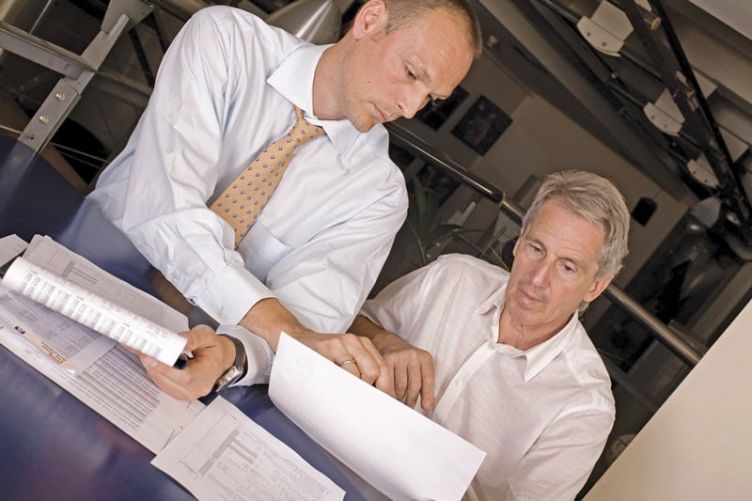Andrew Hayward, director at Owen White Solicitors, gives you the inside track on what to look for in a franchise agreement
You’ve sifted through several franchise opportunities, decided which you prefer and you’re waiting for the franchise agreement. But what sort of document should you expect? What should you be looking for in it?
Franchise agreements vary in content and quality. If the franchisor is a member of the British Franchise Association, you will have the comfort of knowing the franchise agreement has been vetted as part of the membership accreditation process. This means it should comply with the bfa’s code of ethics for franchising, which sets out standards of business conduct for franchisor members and specific requirements for the franchise agreement itself.
For example, if the franchisor is a bfa member, the agreement should contain a right to renew on the expiry of the initial term. It should also provide you with an opportunity to realise a reasonable value for the business. Both of these rights will have certain conditions attached, which should appear in the agreement.
Broadly speaking, you should be looking for answers to the following questions in the agreement:
* What is it going to cost me and what do I get for that?
* What have I got to do and what can’t I do?
* How long does the agreement last and what happens when it ends? What is it going to cost and what do you get?
There is usually an initial fee; the agreement should list what you are paying for, which should include the licence fee and training.
There is ordinarily an ongoing fee, often called the management service fee that’s payable weekly, monthly or sometimes quarterly. Typically, it is calculated as a percentage of your revenues, sometimes it is fixed or a minimum fixed amount is payable.
The agreement should record what support you will get from the franchisor in the establishment of your new business. This may include advice and assistance on the location, fitting out and design and putting together a business launch marketing programme.
The agreement should set out what ongoing support you will receive. This may include continued regular training, annual or more frequent conferences or seminars, technical support and the procurement of supplies or guidance as to where they can be obtained.
There will usually be rules about where you can source supplies. Some agreements require that they be obtained from the franchisor, unless otherwise stated. It is worth finding out if the franchisor marks-up such supplies and whether they could be obtained elsewhere at a better price before you sign the agreement.







_(1)_75_53_s.png)
_(1)_75_53.png)



_59_59_80_s.jpg)















